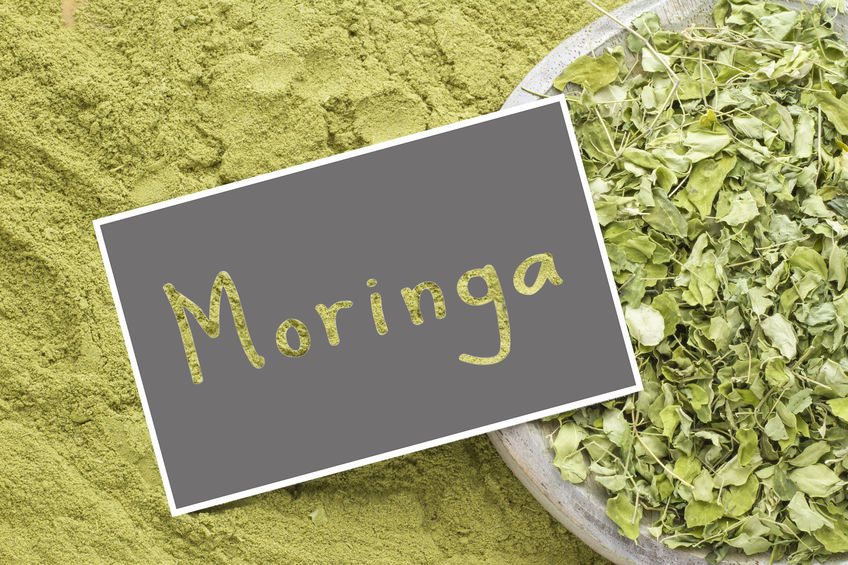
Yes! Moringa also helps with weight management
Moringa leaves are an unbeatable source of proteins, fiber, vitamins and minerals; and many world organizations are using this powerful plant to help with malnutrition in developing countries.
Additionally, it has been used for generations to enhance wellness, reduce inflammation, stimulate the immune system, regulate hormones, increase energy, support liver health, etc.
The secret? The entire Moringa plant has incredible nutrient contents and other medicinal qualities that contributes to our overall wellness. This is why its popularity continues to increase in western nations.
When we think about our nutrition, we must have a balanced intake of:
- Proteins which for some means meats, fish etc and for our vegan friends might be soybeans, peanut butter, beans, peas, etc.
- Vitamins, minerals and antioxidants which we can obtain from leafy greens such as spinach, broccoli, kale, green beans, etc. Fruits are also a source of nutrients that contribute to our energy fiber intake. We can also obtain calcium and vitamin D from dairy products.
But how come such a nutritious plant can help you manage your weight?
In reality, about 40% of the food consumed by the average American consists in empty calories from added sugars and solid fats. And three quarters of the population’s diet is low in vegetables, fruit, dairy and healthy oils. So you might feel satisfied with what you eat but that does not mean you are obtaining the right nutrients for your body.
The solution might lay on taking the time to purchase more fruits and vegetables and spending a few more hours of the week in preparing healthy food, but we have to acknowledge that approximately 18% of Americans do not have access to healthy and nutritious foods.
With that in mind, Moringa gains prominence as an affordable and ingenious solution to help supplement our nutrition by helping promote healthy sugar levels, reduce appetite, burn fat and increase our energy.
Balances sugar levels and manages appetite
Moringa is a low glycemic nutritious plant unlike the foods we eat that are high in carbohydrates and added sugars. It provides a more sustainable source of energy throughout the day, prevents spikes in blood glucose and the risk of developing diabetic-related health issues. Avoiding these so-called sugar crashes also helps manage our appetite.
Promotes a healthy gut
Moringa has a high fiber content and improves the metabolization within the digestive system. Moringa also inhibits the body absorption of starches which are difficult to digest. Excess starch in our bodies tends to travel to our large intestines and colon where bacteria starts developing and creates endotoxins. These are responsible for increased estrogen levels resulting in metabolic problems, weight gain and fatigue. Moringa helps rid our bodies from starches and toxins, supports a healthier metabolism and prevents sluggishness and fatigue.
Prevents water retention
Water retention causes puffiness and swelling, producing discomfort and weight gain. Moringa is rich in antioxidants due to its flavonoids and phenolic acids that combat and reduce inflammation which helps our body retain less water.
Moringa is not supposed to replace a healthy diet in order to lose weight. The reality for many of us regarding weight gain is that we fall to poor eating habits and excess consumption while trying to get through the day and maintain a certain level of energy. The reason why Moringa helps manage weight is because apart from all the benefits previously mentioned, this plant is a great supplement to fulfill our daily nutritional needs while suppressing unnecessary hunger signals that results from a poor diet.
A study (Moyo, B. et al. 2011) suggested that Moringa leaves nutritional value includes 30% of crude protein, and 19 amino acids. Some of the most prominent minerals it contains are: Calcium, Phosphorus, Magnesium, Potassium, Sodium, Zinc, and Iron. It also has a high concentration of Vitamin E, Vitamin C and Beta Carotenes which help promote the production of Vitamin A making it a diet staple in many Asian and African countries.
